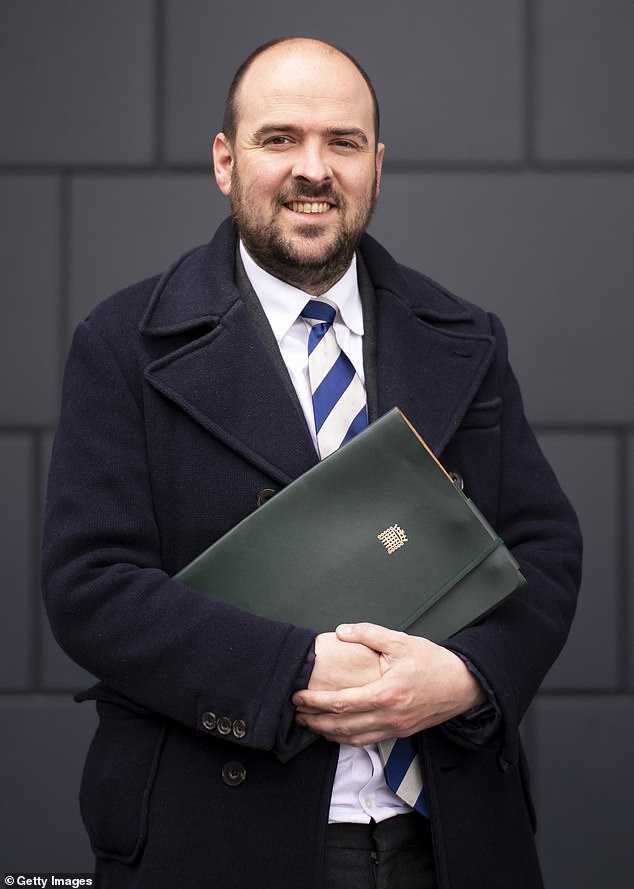A new poll has revealed the British communities that are most likely to back first cousin marriages, although a large majority think the practice should be outlawed.
Pakistani and Bangladeshi Britons are most likely to support the first cousin marriages, with 39 percent of those polled saying it should be legal.
While 47 percent of the community say the practice should not be legal, this compares to just eight percent of white Britons who support first-cousin marriage.
Six percent of black Britons say marrying a cousin should be legal, with nine percent of Indian Britons holding the same view.
While marrying close relatives including siblings and half-siblings is illegal in the UK, marrying a first cousin is technically legal.
Some 77 percent of white and Indian Britons believe marrying a cousin should be made illegal, compared to 82 percent of black Britons.
Currently the UK follows the practice of ‘genetic counselling’, in which first cousins who are in a relationship are offered education about the risk of having children together and encouraged to receive extra checks during pregnancy.
It is estimated that children of a first-cousin union have a six percent chance of inheriting a recessive disorder such as cystic fibrosis or sickle cell disease – double the risk of the general population.
Conservative MP Richard Holden last year introduced a private members’ bill to ban the practice, which would bring cousin marriages into the same bracket as marrying a parent, child, sibling or grandparent.
The former Cabinet Minister and Conservative Party Chairman told MailOnline said: ‘This YouGov poll is clear.
‘The overwhelming majority of Brits, including those of Pakistani heritage, want to see first cousin marriage banned.
‘The fact Sir Keir Starmer and the Labour Party are standing in the way of ending an outdated practice rooted in misogynistic cultural practices shows that he’s more interested in promoting cultural relativism than in ending practices that have no place in our country and isolate both individuals and communities from each other.
‘If Starmer really believed in British values he’d back my bill, just like every community in Britain does.’
But some have warned that outlawing the practice completely risks stigmatising those already in first cousin marriages in the UK.
Amongst these was Independent MP Iqbal Mohamed, who drew huge criticism last year for defending cousin marriage.
Instead of banning it outright, he said a ‘more positive approach’ involving advanced genetic tests for prospective married cousins would be more effective in addressing issues around it.
One of Britain’s foremost experts on child health also defended the right for first cousins to marry, dismissing concerns about inbreeding.
Professor Dominic Wilkinson, an NHS neonatologist and ethics expert at the University of Oxford, argued a ban would be ‘unethical’.
Instead, Professor Wilkinson backed calls for such couples to be offered special screening on the NHS to help them decide if they should have children.
Such tests can cost £1,200 privately. They are designed to spot whether prospective parents are carriers for the same genetic conditions, such as cystic fibrosis and spinal muscular atrophy.

Conservative MP Richard Holden last year introduced a private members’ bill to ban the practice
It comes as data from 2023 showed in three inner-city Bradford wards, 46 percent of mothers from the Pakistani community are married to a first or second cousin, according to data published in 2023.
The overall estimate for the cousing marriage capital of the UK in Pakistani couples was 37 percent ten years ago, and this figure has since dropped.
Reasons behind the fall are thought to include high educational attainment, stricter immigration rules and changes in family dynamics.
It compares to just one percent of white British couples.
YouGov’s data also revealed that those in London are most likely to support first cousin marriage, at 15 percent.
The north followed at 12 percent, while in the Midlands it was ten percent. The south of England and Wales were the least likely to support it being legal, at six and seven percent respectively.
Historically, first cousin marriages were extremely common amongst royalty and the British upper classes. It was seen as a way of firming up alliances and keeping wealth and land in the family.
MailOnline recently revealed that no-one is tracking the rate of cousin marriages in the UK, with councils not recording any data on the issue.
Studies have put Pakistan as having one of the highest rates globally at 65 percent of unions.
This is followed by Saudi Arabia (50 percent), Afghanistan (40 percent), Iran (30 percent) and Egypt and Turkey (20 percent).












